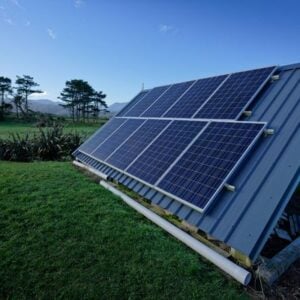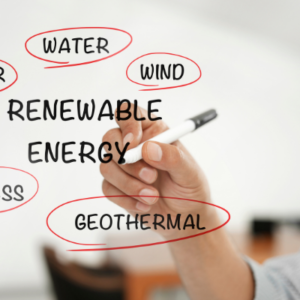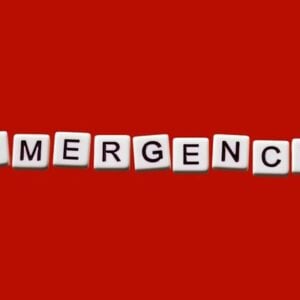Mozambique has made significant strides in expanding electricity access, nearly doubling its electrification rate from 31 percent in 2018 to 60 percent by the end of 2024. This achievement, benefitting around 9.5 million people, is largely attributed to the World Bank-supported ProEnergia project, which forms part of Mozambique’s National Energy for All Program. ProEnergia has connected over half a million households, electrified schools, health posts, and public facilities, and provided electricity to more than 1,800 businesses. The program has also created approximately 1,800 direct and indirect jobs, including through the Young Professional Program, fostering economic opportunities while improving quality of life across the country.
Schools and health centers have particularly benefited from expanded energy access, enabling night classes and safer medical procedures. For example, Muhalaze Secondary School in Matola now allows students like Juvelino Alberto, a 22-year-old construction worker, to pursue night education, while health professionals in Marracuene District can care for patients more effectively, especially during emergencies. These improvements illustrate how electricity access enhances both educational outcomes and healthcare delivery, contributing to human development and social well-being.
Prior to recent efforts, electricity access in Mozambique was uneven, with around 20 million people lacking power, particularly in rural areas. Barriers included weak transmission infrastructure, economic constraints, and financial fragility of public agencies managing electrification. To overcome these challenges, the government launched the Energy for All Program in 2018 under the National Electrification Strategy, with support from the World Bank and co-financing from Norway, Sweden, and the European Union. Measures such as zero connection fees for residential customers and provision of pre-wired “ready boards” to low-income households accelerated household electrification while enhancing affordability and inclusivity.
From December 2020 to April 2024, ProEnergia exceeded its targets by connecting 514,862 households, benefiting roughly 2.57 million people. In addition to household connections, the project electrified 400 public facilities and 10 resettlement areas, improved grid access for 1,860 commercial enterprises, and facilitated workforce development through training programs. Grid expansion increased the distribution network from 3,800 km to 4,889 km, enabling wider access and demonstrating a scalable model for future energy initiatives in Mozambique.
ProEnergia also laid the groundwork for sustainable energy expansion through off-grid solutions and private sector engagement. The project supported the development of the Off-Grid Electrification Roadmap and the Results-Based Financing Facility, now part of the +Energia Facility under the ProEnergia Plus project. This approach promotes distributed renewable energy technologies and clean cooking solutions, targeting remote communities and vulnerable populations while attracting private capital and leveraging blended financing from IDA, IFC, and MIGA.
Beyond last-mile distribution, the World Bank Group’s integrated strategy addresses the entire energy sector value chain, emphasizing power generation and transmission. The Temane Regional Electricity Project, a gas-to-power initiative, will significantly increase Mozambique’s generation capacity, strengthen the national transmission backbone, and enable electricity exports across the region. This integrated approach combines IDA grants and guarantees with private sector financing, illustrating how strategic investments can accelerate universal energy access and support sustainable economic growth in Mozambique.







